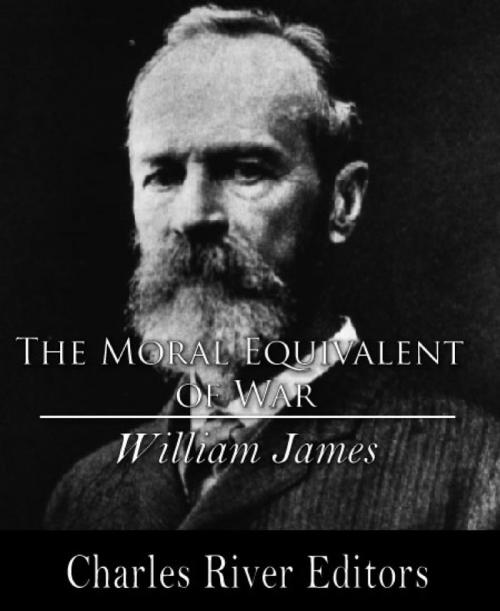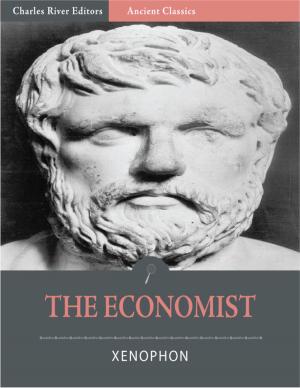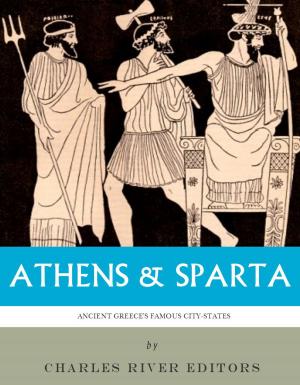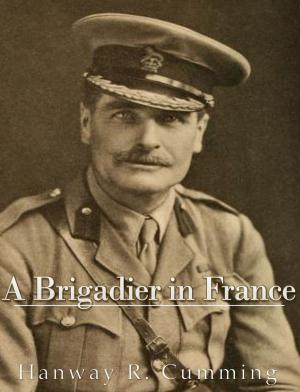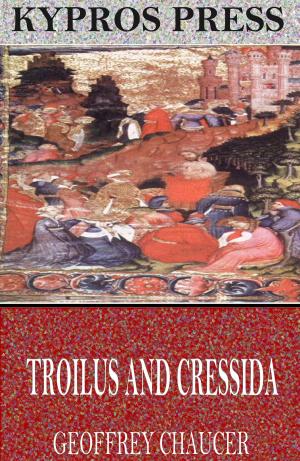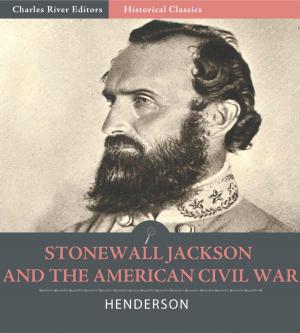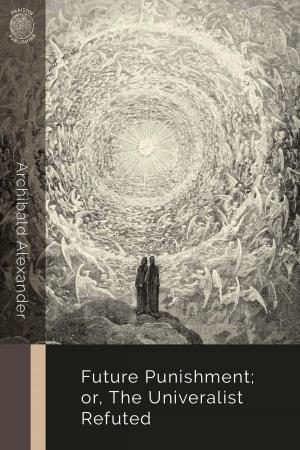The Moral Equivalent of War
Nonfiction, History, Modern, 18th Century, 19th Century, Social & Cultural Studies, Political Science, Politics, History & Theory| Author: | William James | ISBN: | 9781475306132 |
| Publisher: | Charles River Editors | Publication: | April 24, 2012 |
| Imprint: | Language: | English |
| Author: | William James |
| ISBN: | 9781475306132 |
| Publisher: | Charles River Editors |
| Publication: | April 24, 2012 |
| Imprint: | |
| Language: | English |
William James (January 11, 1842 - August 26, 1910) was a pioneering American psychologist and philosopher trained as a medical doctor. He wrote influential books on the young science of psychology, educational psychology, psychology of religious experience and mysticism, and the philosophy of pragmatism. He was the brother of novelist Henry James and of diarist Alice James. Though he was known mostly for writing about psychology, James also wrote The Moral Equivalent of War, a classic essay by based on a speech he delivered at Stanford University in 1906. James considered one of the classic problems of politics: how to sustain political unity and civic virtue in the absence of war or a credible threat. According to James, the standard solution for the problem of sustaining political unity and civic virtue has been either war or a credible external or internal threat, and to make the threat credible it has often been necessary to actually go to war. Moreover, the actions taken by nations to create credible threats has often led them to be attacked by others, or to stumble into wars no one wants. 8 years after his lecture, World War I was to become the classic example of this tragedy, and in many respects James essay foretold such a conflict. This edition of The Moral Equivalent of War is illustrated with pictures of James.
William James (January 11, 1842 - August 26, 1910) was a pioneering American psychologist and philosopher trained as a medical doctor. He wrote influential books on the young science of psychology, educational psychology, psychology of religious experience and mysticism, and the philosophy of pragmatism. He was the brother of novelist Henry James and of diarist Alice James. Though he was known mostly for writing about psychology, James also wrote The Moral Equivalent of War, a classic essay by based on a speech he delivered at Stanford University in 1906. James considered one of the classic problems of politics: how to sustain political unity and civic virtue in the absence of war or a credible threat. According to James, the standard solution for the problem of sustaining political unity and civic virtue has been either war or a credible external or internal threat, and to make the threat credible it has often been necessary to actually go to war. Moreover, the actions taken by nations to create credible threats has often led them to be attacked by others, or to stumble into wars no one wants. 8 years after his lecture, World War I was to become the classic example of this tragedy, and in many respects James essay foretold such a conflict. This edition of The Moral Equivalent of War is illustrated with pictures of James.
